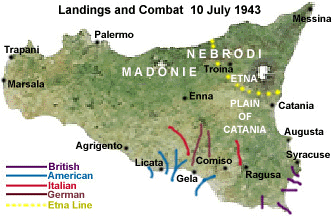
The bus groaned as it made hair-pin turns up the active volcano. Carcasses of spewed volcanic ash and stone along the gullies remind us of Etna's power. I wondered how hot it would be at the top. Is it possible to fall into the molten rivers that I've seen in so many pictures. I looked across the aisle and felt reassured by the smiling octogenarians. They didn't seem worried ; why should I! I was expecting to see the smokey summit crater at every turn; the one I have been staring at from sea level for days.
Then without much fanfare we stopped at a clearing. It was our final destination, a gift shop. We went as far as we could go. Wait, I want to see the top! "How can you go shopping at a time like this", I said aloud. So I climbed down into one crater and waved at my fellow bus travelers. Then I climbed to the rim of another. I grabbed fistfuls of volcanic pebbles and touched what was once the center of the earth. I marveled at the sprinkling of flowers whose seeds survived the wrath of Zeus. Climbing even higher, I was able to appreciate the effect of high altitude on pulmonary function. It reminded me of mountain documentaries and my questions about why climbers walked so slowly when they approached the summit. I looked at craters in the distance that became even more distant when I noticed the microscopic creatures were actually hikers.
It would take a tram ride and a 4 hr hike to reach a point where one can see the summit crater from a distance. Then I would need a geological permit to go any further. Too bad, I sighed... the bus was leaving in twenty minutes.
As we approached the hotel in Naxos I looked out the window. There it was ; the triangular Etna in all its glory. I grinned proudly thinking, ....I was there.



















